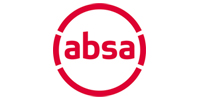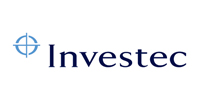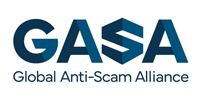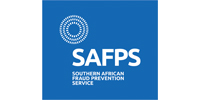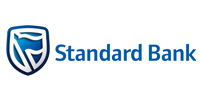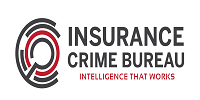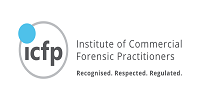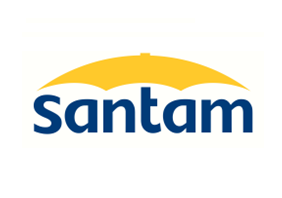Be wary of the following scams this tax season
As we approach the end of August, millions of South Africans will log onto the SARS eFiling website or visit their closest branch to complete their tax returns.
'While this is a very busy time for the South African Revenue Service (SARS), it is also a very busy time for scammers,' says Manie van Schalkwyk, the CEO of the Southern African Fraud Prevention Service (SAFPS).
'Over the past five years, the SAFPS has noticed a growing trend of tax scams which are targeting individuals who are desperate for cash.' He adds that the public needs to very weary of tax related scams.
Spotting a scam
To avoid getting caught by these scammers, taxpayers need to pay attention to the following red flags:
- Be wary if the auto-assessment notice does not come from a @sars.gov.za address. The email should not come from a sub-domain (eg. SARS.Assessment.gov.za). If it does, do not open it.
- The auto-assessment email may contain hostile and threatening language.
- Be wary if the auto-assessment notice is not directly addressed to you or your business and does not contain your unique tax number.
- Be wary if the email demands an urgency on your part to avoid penalties.
- Be wary if the notice contains spelling and grammar mistakes. This is an immediate red flag but is becoming less prevalent as generative AI makes writing correspondence on behalf of users easier.
- Be wary if the email contains a strange link that you need to click on.
Immediately contact the authorities if:
- You receive this type of correspondence, have already filed your tax return, and do not owe SARS anything.
- The payment directive refers to specific bank account numbers and not SARS-approved bank references.
To make SARS payments easier, all banks already have SARS banking details under the public recipient details. Taxpayers won't have to enter the number. Rather, they can select the relevant account & add their payment reference number.
Read full press release here.
Useful links and articles:
- SARS has a comprehensive list of the scams that involve SARS. This can be found at: SARS Phishing Scam List on the SARS website
- FA News on SARS Scams
- BusinessTech on SARS Scams
- Power FM Tips on how to prevent yourself falling victum to tax scam
- Channel Afrika on Tax scams
- The Yima website address is: www.yima.org.za
